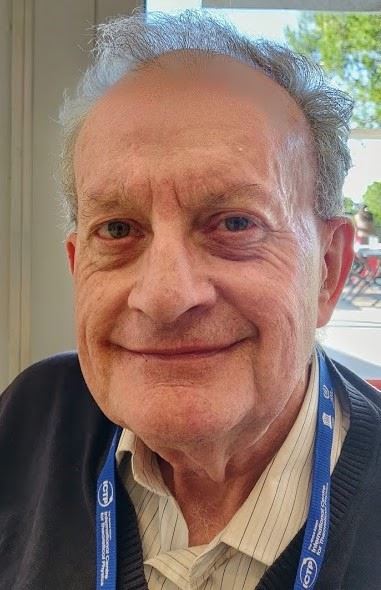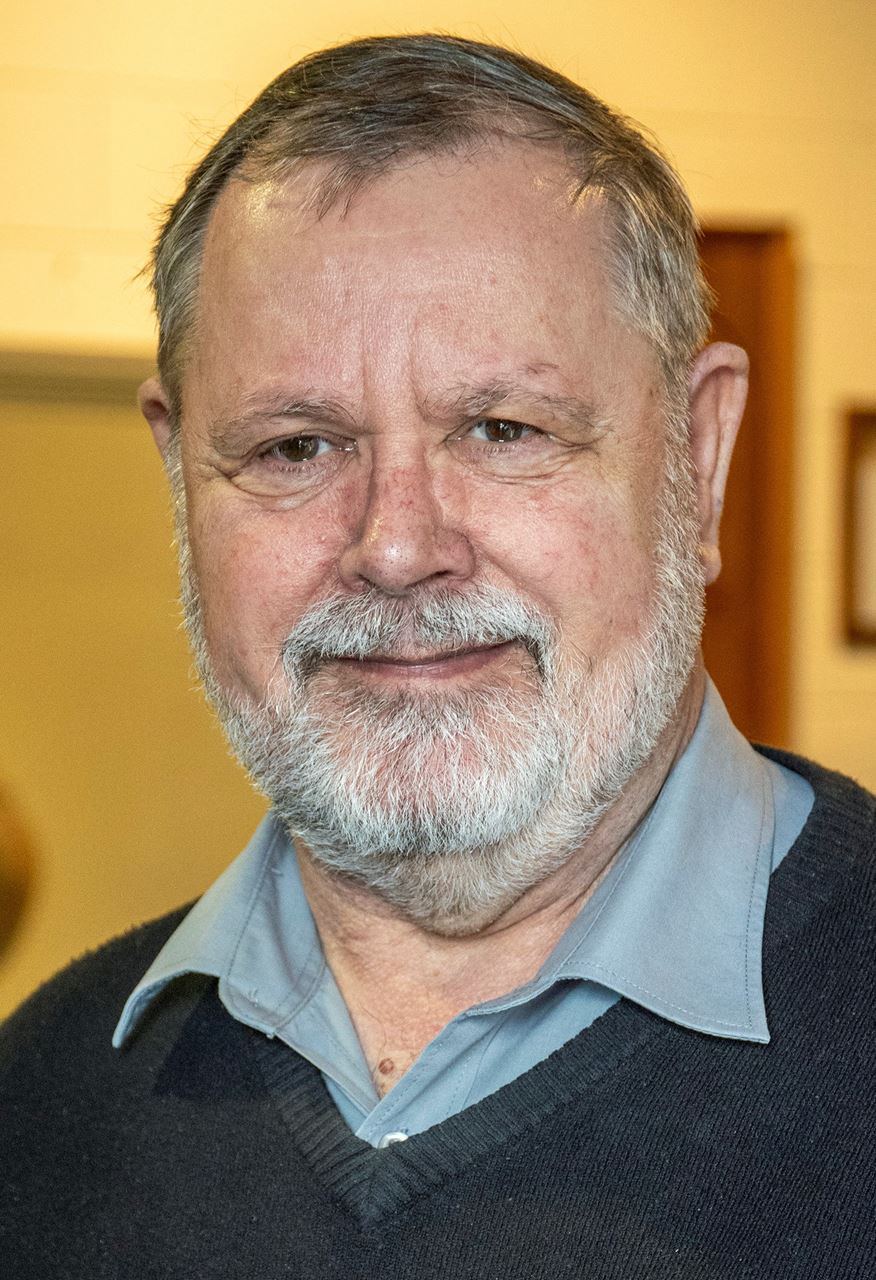For their exceptional contributions to the furtherance of Physics as a discipline, we have recognised both Emeritus Professor Bruce McKellar (University of Melbourne) AC FAIP and Dr Marc Duldig (University of Tasmania) FAIP with a 2021 AIP Award for Outstanding Service to Physics in Australia.
A pioneer on many fronts
 Prof McKellar won the Award for his service and leadership in the Australian and international physics community.
Prof McKellar won the Award for his service and leadership in the Australian and international physics community.
Throughout his career, Prof McKellar held several roles that actively facilitated physics research, policy development and collaboration in Australia as well as internationally, particularly within the Asia-Pacific region.
He was a founding member of the Australian Research Council (ARC), helping establish and develop the institution. He was its Chair for the Chemical, Mathematical and Physical Sciences Panel from 1988-1990.
On the international front, he was the first Australian and the first representative from the Southern Hemisphere to become President of the International Union of Pure and Applied Physics 2014.
He chaired the Asia-Pacific regional committee of the International Council for Science (2009-2011) and Australia and New Zealand Association for the Advancement of Science (1992-1998).
Prof McKellar was a theoretical particle physicist who studied weak interactions and published a seminal paper on three nucleon forces known as the ‘Tucson-Melbourne’ force. His excellence in research was recognised by the AIP with a Walter Boas Medal in 1992 and Harrie Massey Medal and Prize in 2006.
Elected as a Fellow of the Australian Academy of Science in 1987, Prof McKellar later served in varied roles within the Physical Sciences arm of the academy including secretary and Vice President. He is also a Fellow of the Institute of Physics (UK) and the American Physical Society.
A list of Prof McKellar’s career roles can be found here.
A stellar effort
 Dr Duldig won the Award for tireless service to the Australian Institute of Physics and the wider Physics community.
Dr Duldig won the Award for tireless service to the Australian Institute of Physics and the wider Physics community.
He was the AIP President from 2011-2013, Vice President from 2009-2011 and Treasurer from 2007-2009.
Dr Duldig was an astrophysicist and worked for more than 30 years with the Australian Antarctic Division, studying the bombardment of the Earth with cosmic rays using neutron monitor and muon detector telescope networks.
One line of research he was interested in was ‘space weather’ - what he described as ‘the impact that variations in the space environment have on us and our technology’.
Dr Duldig was involved in the establishment of the Global Muon Detector Network with international collaborators. With telescopes in Nagoya, Hobart, Brazil and Kuwait, the network allows for global coverage to monitor space weather, including the early detection of solar storms.
In addition to his research, he served on various committees and boards. As part of Science and Technology Australia (2011-2013), he was the board member representing Physical Sciences and a member of the executive.
He was a board member of the Asia Pacific Physical Societies (2010-2013) and member of the National Committee for Antarctic Research of the Australian Academy of Science (2012-2014).
After retiring in 2011, he still found time to establish an international team to run a cosmic ray physics facility at the Mawson Base in Antarctica, in which he remains involved. He is also still active as a member of the Tasmanian Radiation Advisory Council, and is the long-term joint secretary of the Astronomical Society of Australia – a position he has held for more than 37 years!
The AIP warmly thanks Prof McKellar and Dr Duldig for their excellent service to the physics community.
Photo credits: supplied by the researchers.

